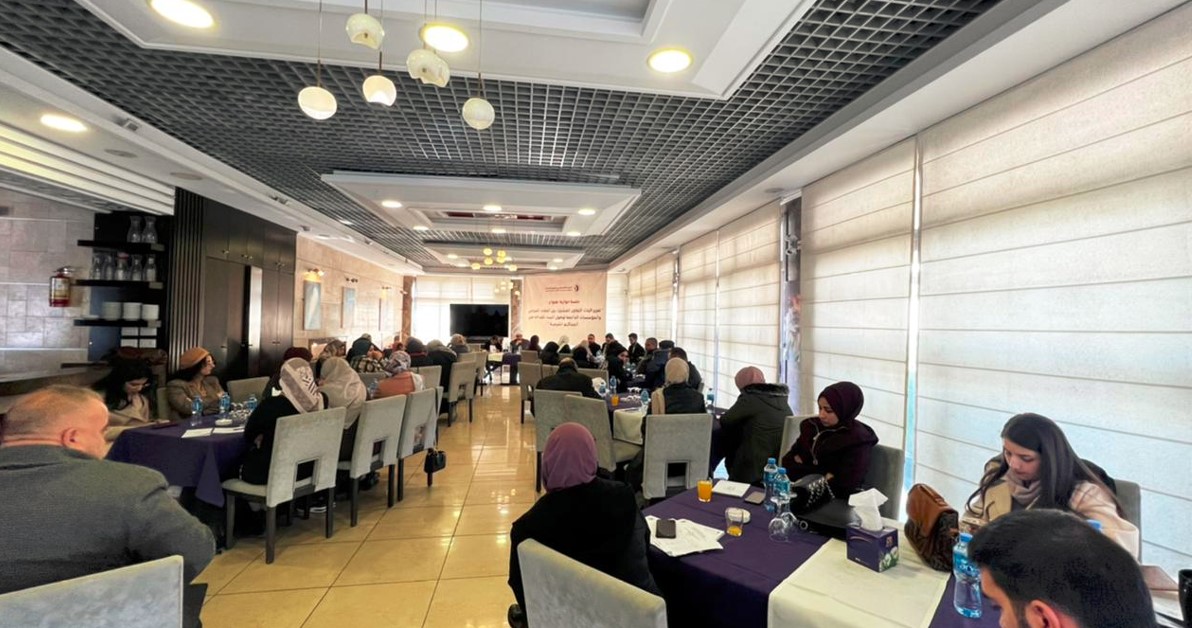
Ref:45/2022
Date: 29 December 2022
On Wednesday, 28 December 2022, the Palestinian Centre for Human Rights (PCHR) organized a roundtable discussion titled as “Promoting Mechanisms of Joint Cooperation between Sharia Judiciary and Organizations Supporting Women’s Access to Justic at Sharia Courts”. The roundtable was attended by Sheikh Dr. Hassan Al-Jojo, Head of the Higher Sharia Judicial Council and the Sharia Supreme Court; Sheikh Mahmoud Faroukh, Judge of Jabalia Sharia Court Farroukh; members of the Higher Sharia Judicial Council; representatives of the community police and Civil Society Organizations (CSOs).
Th Mona Shawa, Head of PCHR’s Women’s Unit, opened the discussion welcoming the attendees and emphasizing that the roundtable aims to discuss many issues relevant to the Sharia Judiciary work, which intersects with the work of the organizations supporting women’s access to justice at sharia courts. Shawa added that the roundtable comes as part of a series of meetings with the Sharia Judiciary over more than 25 years of PCHR’s work in providing legal aid for women; during which, PCHR has significantly contributed to improving women’s rights at the sharia courts.
Mr. Raji Sourani, PCHR’s Director, welcomed Sheikh Dr. Hassan Al-Jojo, and praised PCHR’s longstanding strategic relation with the Sharia judiciary and constant persistence to enhance joint work and dialogue for the benefit of promoting women’s access to justice.
For his part, Dr. Hassan Al-Jojo stressed the importance of holding such panel discussions that fall under the sharia judiciary’s partnership, joint work, and networking with CSOs. Al-Jojo emphasized on the deep ties between PCHR and the Higher Sharia Judicial Council as well as PCHR’s clear role in developing the work of sharia courts and prevailing justice in various human rights issues, especially for women and children. Al-Jojo added that divorce rates in the Palestinian society are on the rise, threatening the social fabric and civil peace. He mentioned their plan to establish family counseling departments at the sharia courts, given the importance of their work in resolving family disputes. He added that this would require intensified efforts to ensure its success through presenting proposals that would develop and strengthen the family counseling & reconciliation department’s work at the sharia courts.
During the meeting, Mr. Mahmoud Al-Kurdi, Director of the Technical Office at the Higher Sharia Judicial Council, reviewed their 2022 statistical outcome at the Sharia Judicial Council, specifically highlighting the remarkably high divorce rates comparing them with last year. Also, Ms. Enas Ferwana, Head of Family Counseling and Reconciliation Department, outlined the Department’s plan to develop family counseling departments at the sharia courts.
The attendees tackled several crucial issues and challenges facing the sharia courts and stressed the need for constant cooperation and coordination between women’s and human rights organizations and the sharia judiciary aiming to develop their work and enhance women’s access to justice. They also recommended the following:
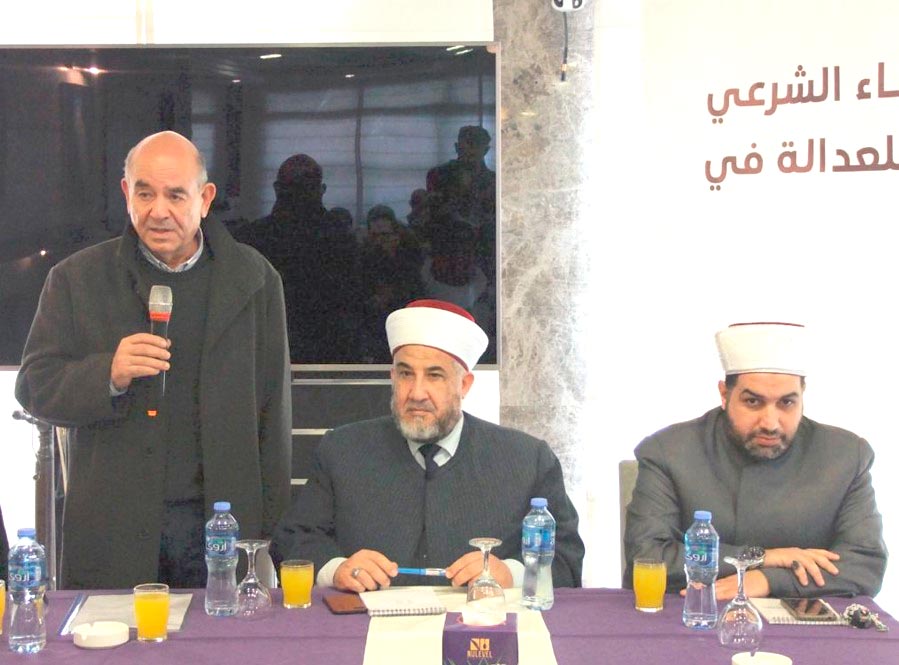
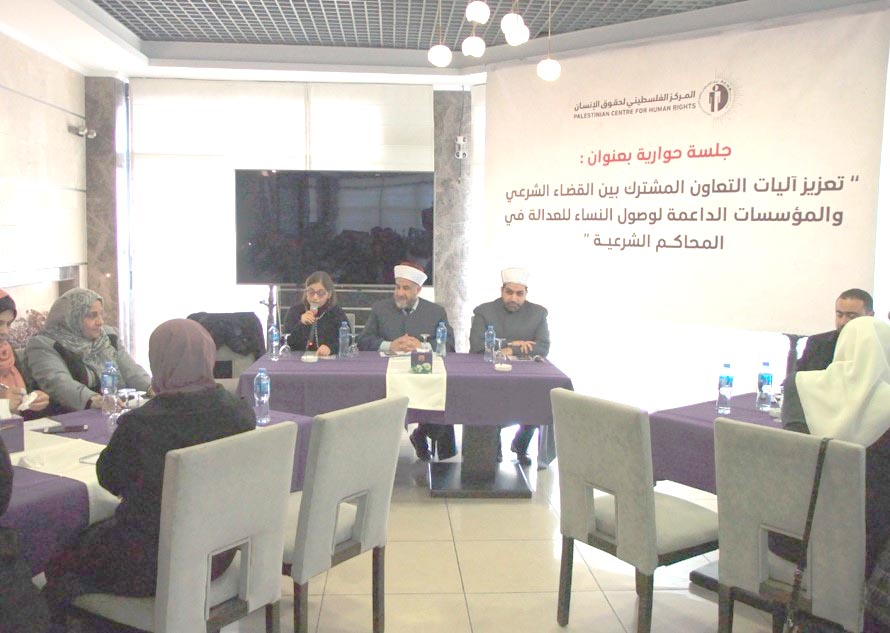
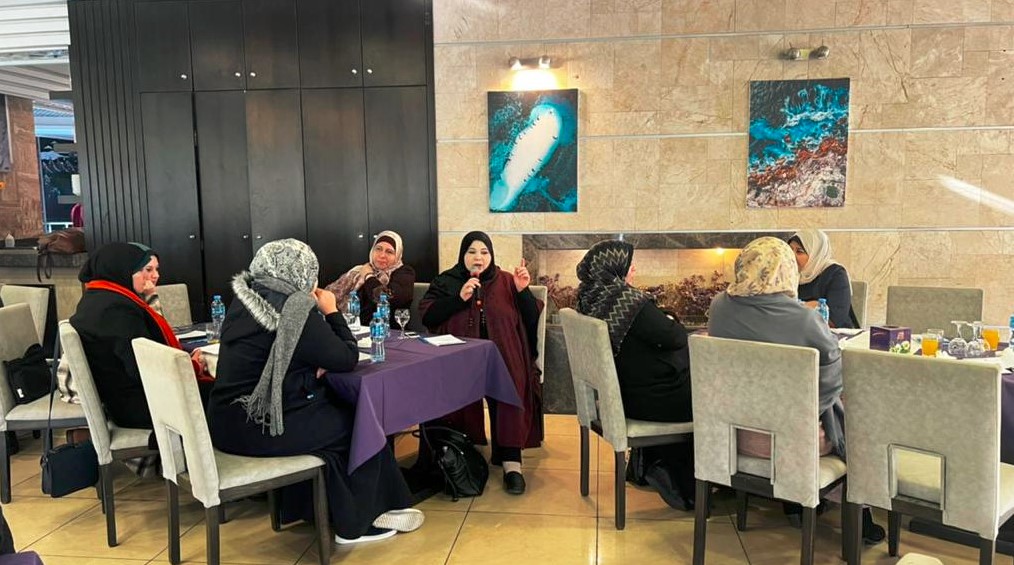
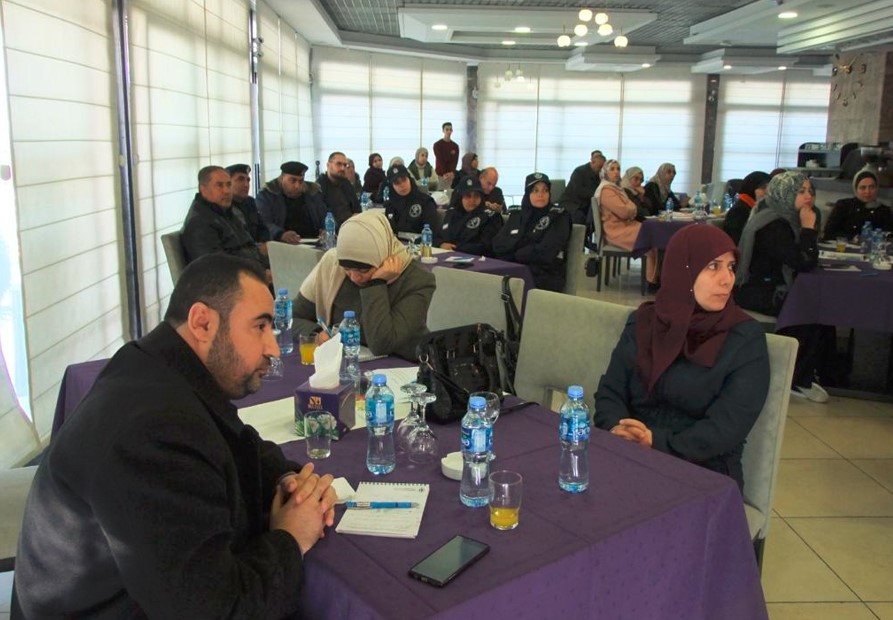
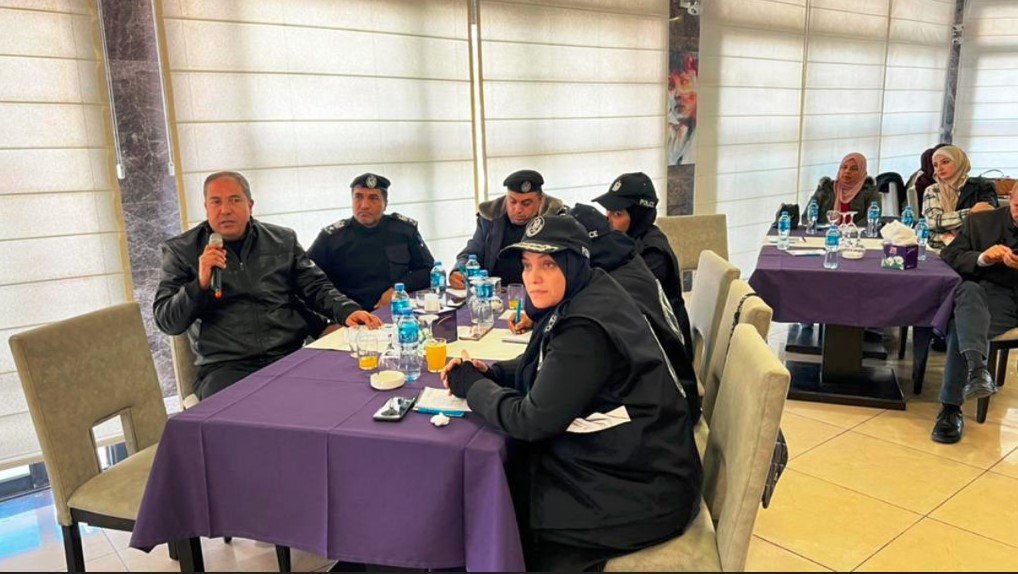
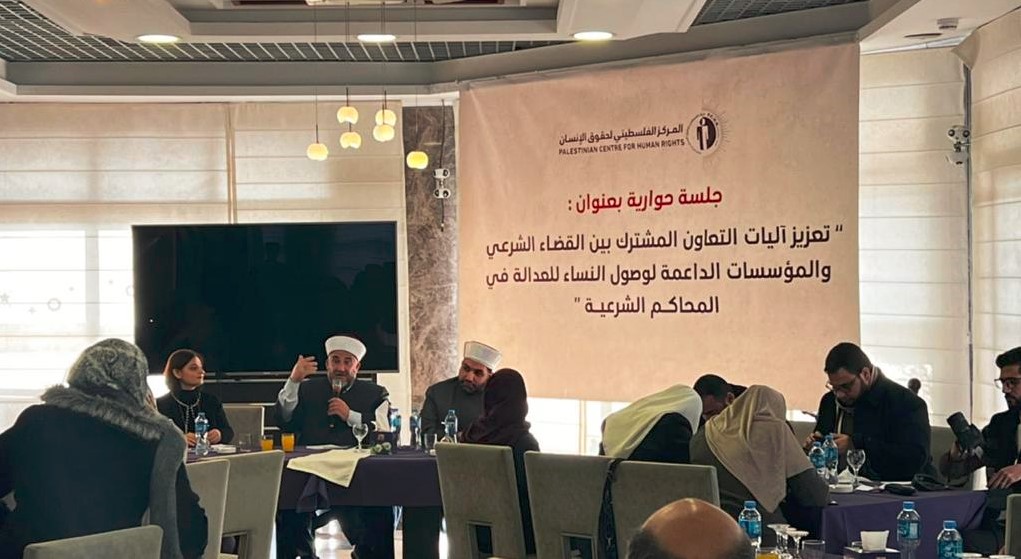
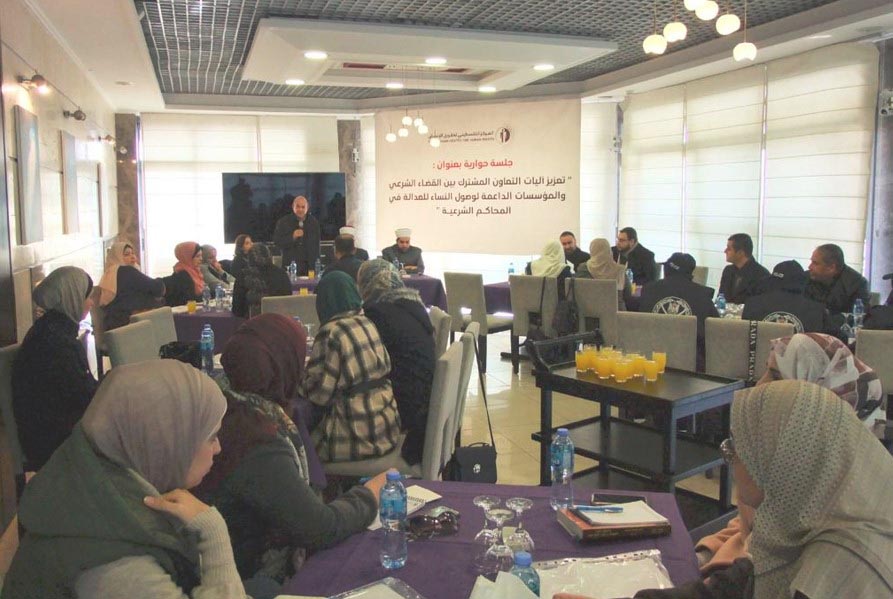
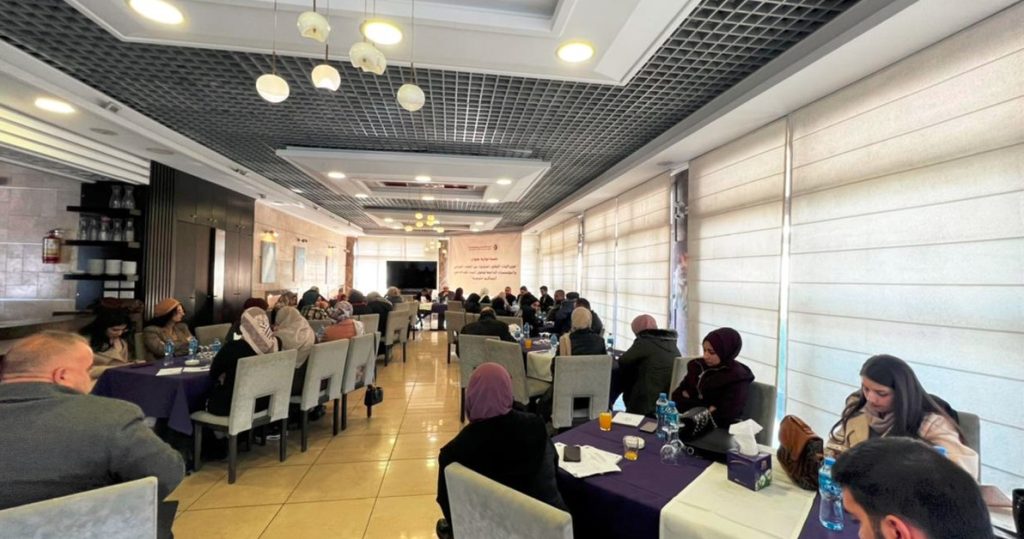
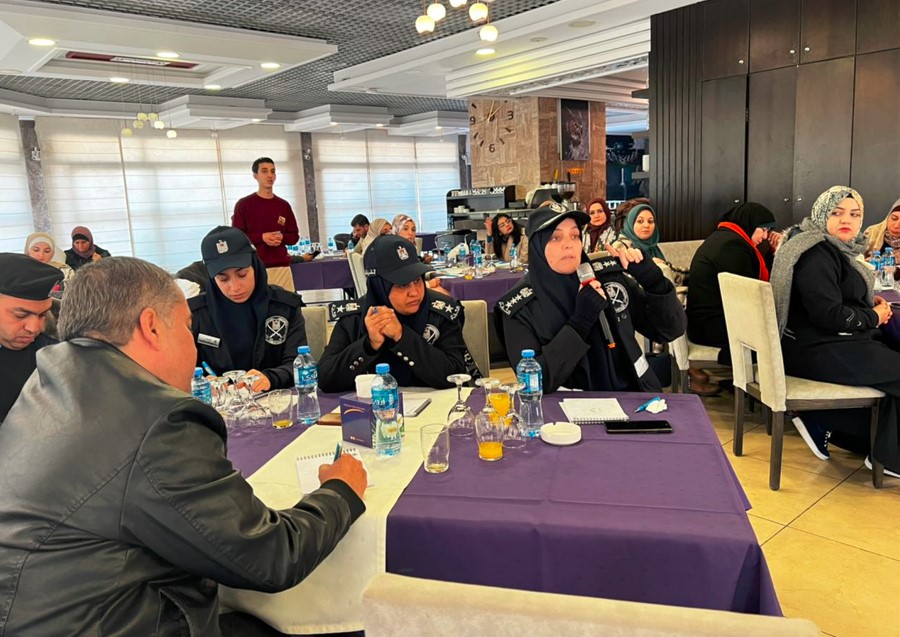
Thanks for sharing. I read many of your blog posts, cool, your blog is very good.